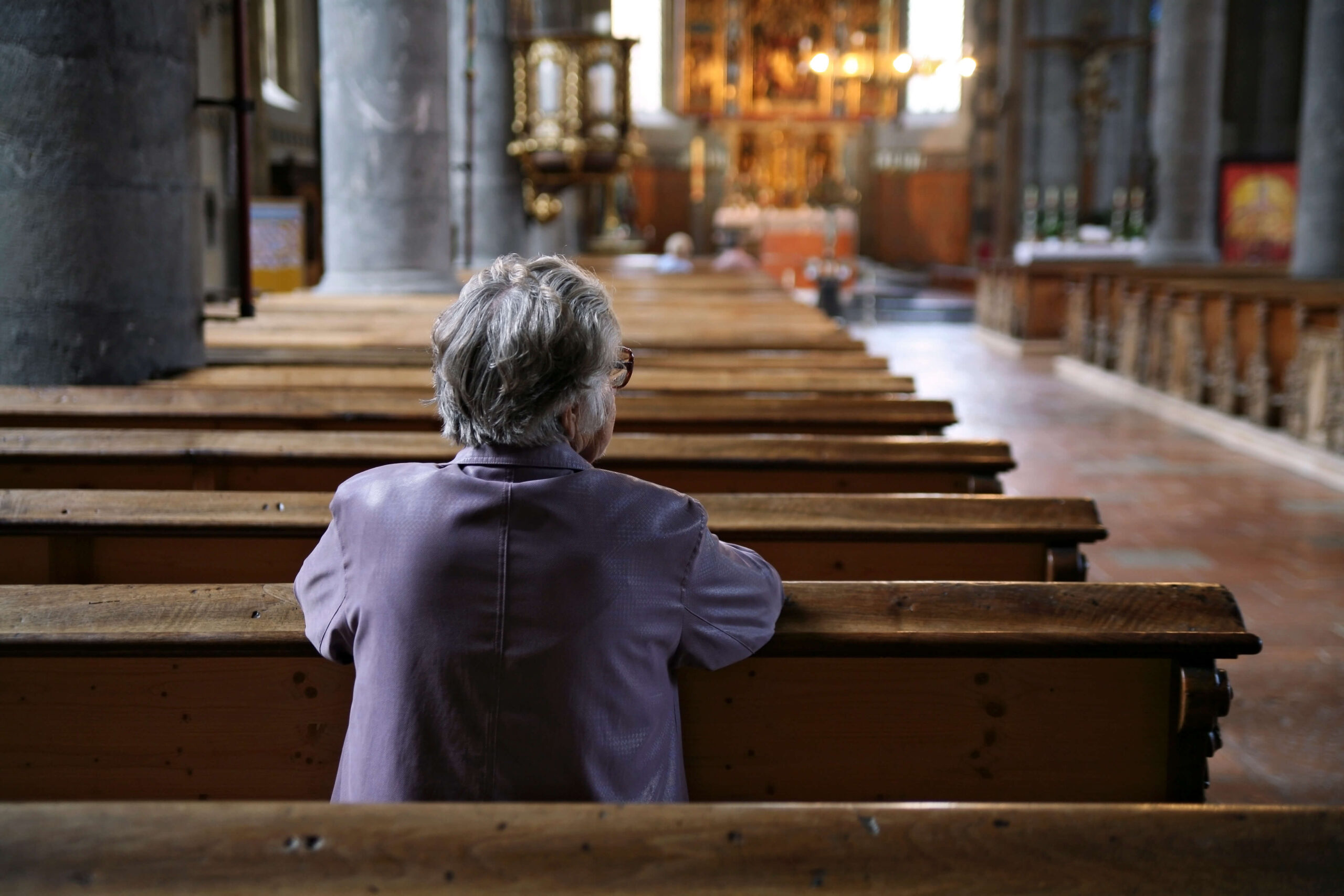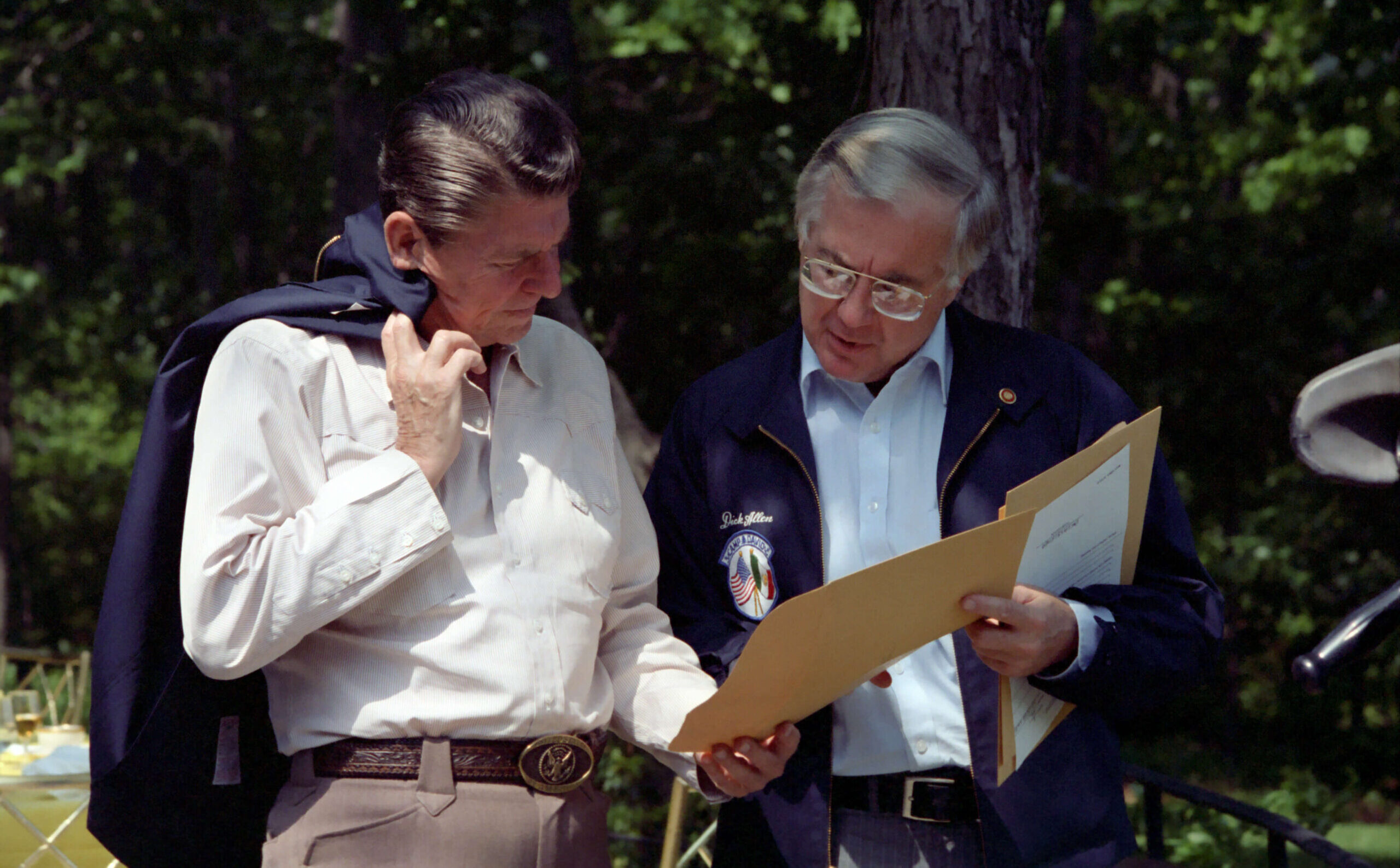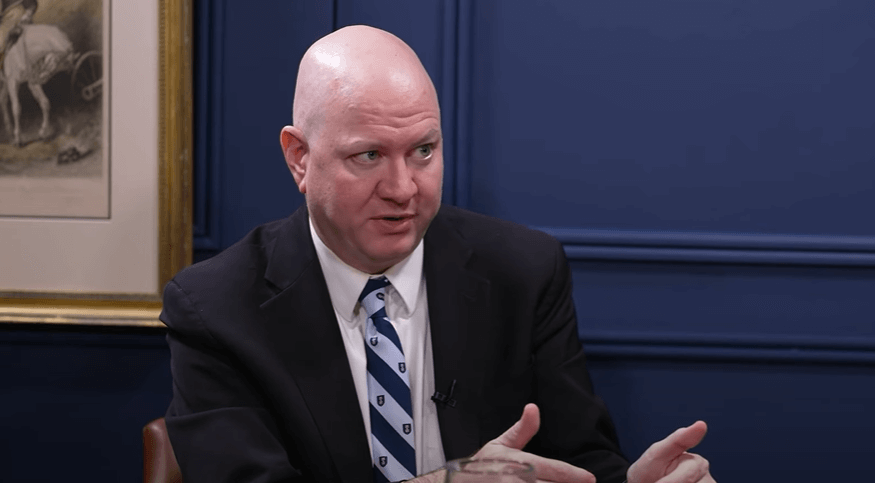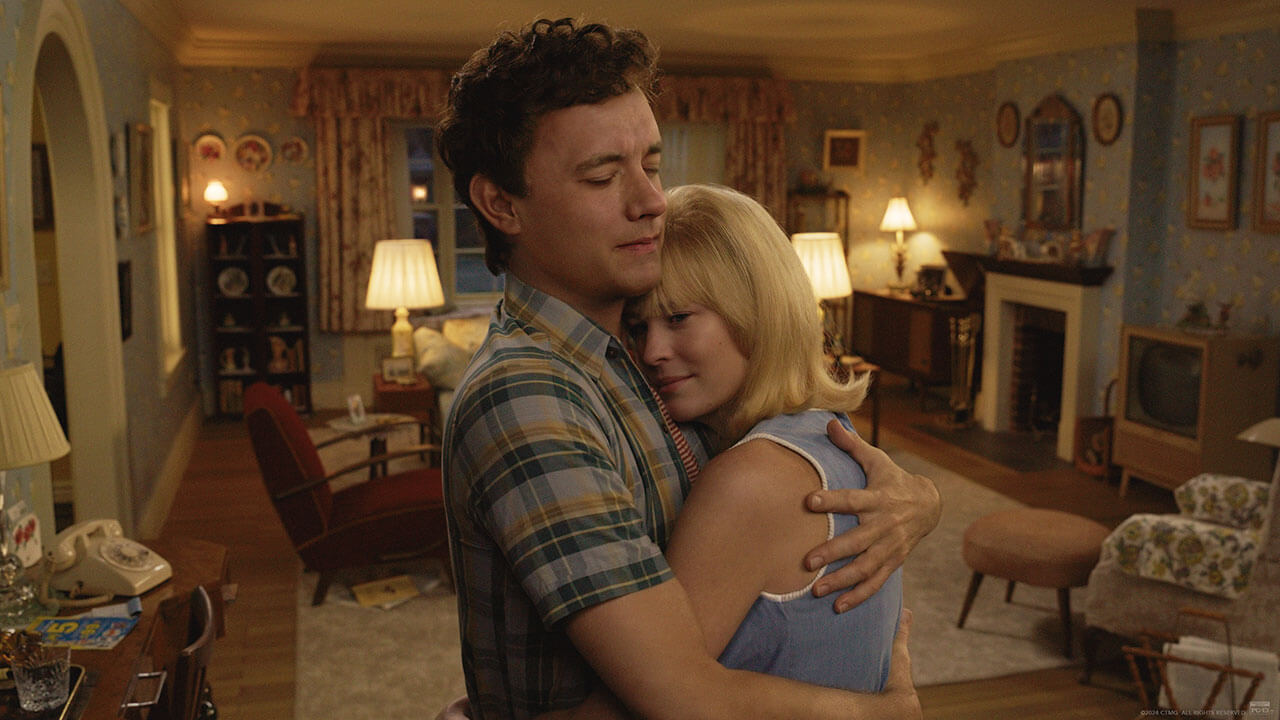Is conservatism necessarily grounded in religious faith? The answer depends, of course, on what is meant by both conservatism and religion. My charge is to make my answer personal, but I hope not too personal. I would not want to say that conservatives must be Catholics, much less think and believe as I do in every respect. So I am going to define conservatism for this occasion in an expansive way. And I am going to limit myself to saying that much of Christian psychology and portions of Christian faith must be true for me to be a conservative today, while not forgetting that I know for a fact that there are agnostic conservatives.
What conservatives want to conserve is human life or human liberty, the human being with speech or language who lives open to the truth and must be virtuous to live well. The opponents of conservatives are not so much the liberals, who at their best (say, a Raymond Aron or even an Alexis de Tocqueville) are somewhat confused or ambivalent conservatives, but the liberationists. They say that it is good and possible to liberate human beings from the constraints and miseries of being human. They aim to have the human will transform human nature into something else. They aim to create a new man who is not really a man at all.
We conservatives are quick to remember what most liberal thinkers are too confused to know or decent to say: Liberal thought is, at its core, liberationist. Liberal theory, as articulated by John Locke and many others, is based on the premise that nature or God give human beings just about nothing worthwhile. So we have no choice but to create value out of nothing; all that exists that is of human benefit is the product of human will or labor. Property, the family, government, and in fact all human relationships are human inventions for the benefit of the individual. Liberal theorists think that government and also the family are ordained by neither God nor nature, and so they can be transformed at will by human beings to suit their convenience.
Human life, say the Lockeans or liberal theorists, is defined by calculation, consent, and contract. And there are no definite limits to how far human beings might move themselves away from an indifferent and penurious nature. Human beings, in fact, constitute themselves (almost) out of nothing, and the idea of willful self-constitution provides hope for a future free from the limits of the past and the present. Human beings are capable of indefinite perfectibility through the progressive negation and transformation of what they have been given by nature.
Liberationists characteristically do not devote themselves to reflection upon the mystery of human freedom. They hold that the point is not to understand nature and human nature, but to transform them. Their task is, in fact, to eradicate mystery from the world, to create a world in which human beings experience themselves as fully at home. Their goal is always something like the communism described by Marx, a world in which human beings live unalienated in freedom and abundance. That goal is also shared by our pragmatists, such as Richard Rorty, and perhaps by our new upper class, called by David Brooks the “bourgeois bohemians.” If Brooks is right, those “Bobos” believe that every moment of life should be a hobby.
Today the largest group of liberationists are the libertarians. They say, with Allan Wolfe, that moral freedom or free self-constitution is a necessary companion of political and economic freedom. That freedom requires the embrace of every technological invention that can increase personal freedom and reduce human suffering. So it means the embrace of the biotechnological effort to produce indefinite longevity and designer (designed either through interventions into the womb or through cloning) children. The libertarian hope is that human beings can live free from the miseries of birth and death and really from the cruel misery of love. Libertarians hope that biotechnology will do what communism failed to do, create a society in which politics and God can wither away. They share the delusion of Marx that such a world could really be populated by free human beings open to the truth and capable of love.
Let me now explain why, for me, the conservative opposition to liberationism is necessarily religious. The Christians say that human beings are alienated by the very nature of their being here. As St. Augustine states, we are aliens or pilgrims in the earthly city. Atheistic existentialists, beginning with Rousseau, say that our alienation is merely accidental or absurd, and so the liberationists are right to try to overcome it. If it cannot be overcome, then human life as such is absurdly full of mysterious misery; it is a life not worth living. So twentieth-century atheistic existentialists tended to vacillate between Stalinism (or Hitlerism) and suicide.
But Christian thinkers such as Blaise Pascal and Walker Percy believe that our ineradicable alienation is the clue to the truth about our being. The mysterious experience of displacement that is the source of our greatness and misery points to the conclusion that our true home is somewhere else. We cannot help asking why we are the only beings “lost in the cosmos,” and reason by itself provides no solid answer. But what we really do know about our distinctive natures points in the direction of our being creatures of a personal Creator. Christian faith provides the most plausible answer to questions we must ask about ourselves but cannot answer through reason. That fact, of course, cannot by itself be the source of faith, but it does show our need for it. It also shows that we are constituted by nature so that there is irreducible “space” for faith. We seem to need to believe to live well as whole human persons, to avoid self-denial of one sort or another.
Leo Strauss seems to say that, through reason, some human beings can live in unalienated serenity without God in search of the truth, endlessly unraveling the riddle of Being. The undeniable existence of these rare but real philosophers refutes Pascal’s claim that man is necessarily miserably lost without God. But I cannot see how philosophizing overcomes human alienation. The being who wonders is a singular and mysterious exception to the rest of Being. That being, the human thinker, cannot incorporate himself in the cosmos he can otherwise pretty well explain according to impersonal natural laws, and he cannot really show, without faith, that all of existence somehow points to him. Our physicists sometimes now claim that what the human mind can know corresponds to the truth about the cosmos, and so the human mind is fully at home in the world. The problem is that a physicist is not pure mind, but a human being with a body too and subject to all sorts of troubles and perversities that do not fit into the world his mind describes. The real human being who calls himself a physicist is, like the rest of us, an alien. The same goes for those who call themselves philosophers. That is why Walker Percy says that the human being, the wonderer, is necessarily a wanderer. A genuinely self-conscious philosopher, as a Thomist would say, must also be a pilgrim.
What faith does, among other things, is to give us an explanation for why we experience ourselves as aliens or wanderers. It allows us to be ambiguously at home in the world. Knowing why we are not fully at home, we are free to experience the good things of the world for what they are. Christian other-worldliness has produced the thought, made famous by Pascal, that the greatness of man in this world is inextricably bound up with his misery. But if we were created for this life, how could it be nothing but bad? Could original sin, or sin generally, really have been that devastating for our natural existence? The modern or liberal view that man is a solitary and suffering individual by nature is based on the unrealistic abstraction of the state of nature, not on a genuinely Christian anthropology. Real human beings are social beings, born not only to suffer and die but also to know and love. And we are born not primarily to know and love “the truth,” but, above all, other persons, each other and God. What we know about nature, God, and each other is limited; our knowledge culminates in mystery. But why should we, in some liberationist fashion, necessarily equate invincible mystery with a nature or a cosmos simply hostile to our existence? Surely human life would be unendurable if purged of all mystery.
For the Thomist, one road to faith is that we can glimpse by nature something of the goodness and gratuitousness of created being. What we really know is the foundation for what I believe to be the conservative virtue of gratitude. What we have been given as human beings is good; we are, on balance, the privileged beings in the cosmos. What we have been given are personal gifts—qualities of soul—that must have been given by some person, not some impersonal force. By what we know simply through our natural capabilities, the personal source of our gifts is mysterious, although we do know that those gifts are rooted in our distinctive natures. In gratitude under God, we conservatives dismiss the liberationist thought that we would be better off as beings without love, virtue, and truth, including knowledge of our death. And the mystery of creation, especially our creation, gives us reason to believe that we are more than merely natural beings.
Peter Augustine Lawler (1951–2017) was Professor of Political Science at Berry College, Georgia, and served as editor of Modern Age shortly before his death.















